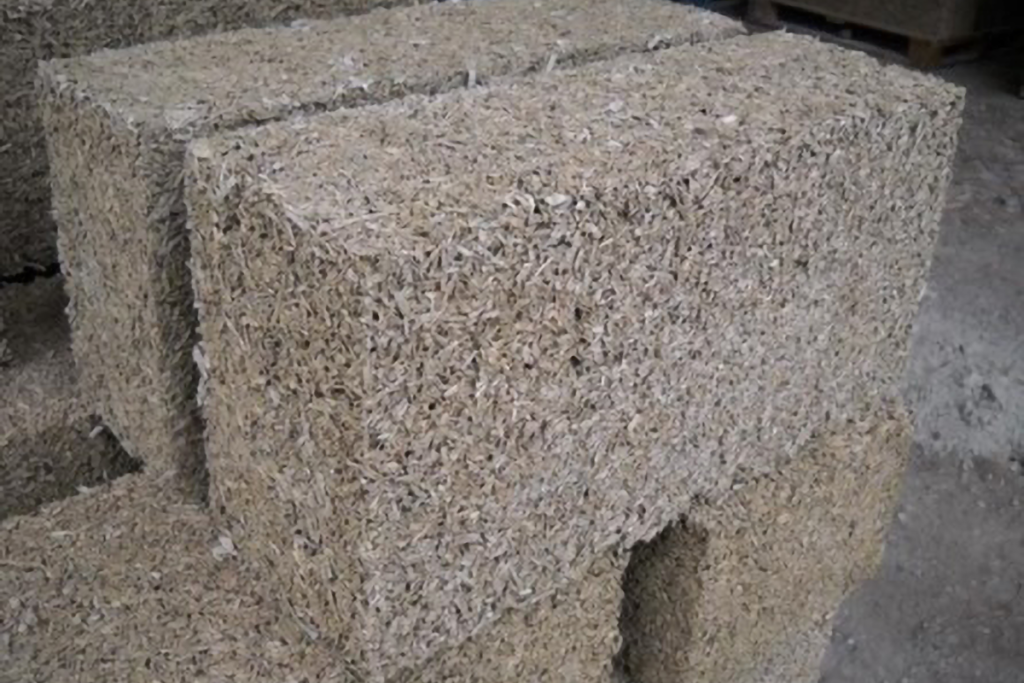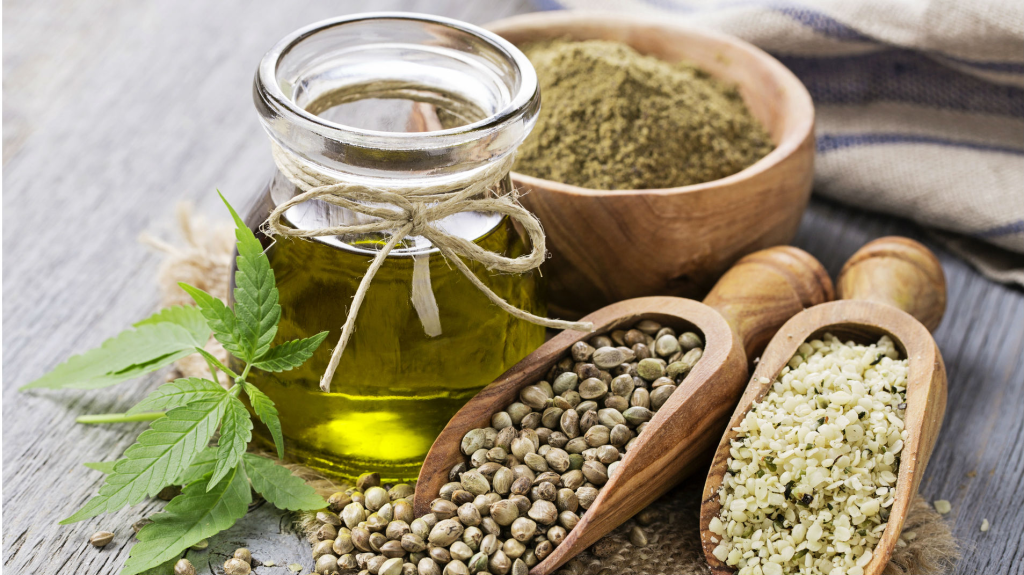About Hemp
“Hemp” should be defined as “a Cannabis sativa L. plant – or any part of the plant – in which the concentration of tetrahydrocannabinol (THC) is less than the regulated maximum level.” Industrial hemp should not be confused with “drug-type” cannabis, commonly known as “marijuana”, which is a variety of Cannabis with very high levels of THC (up to 20%).
There are 75 different hemp varieties registered in the EU Catalogue and all of them have a low THC content (currently up to 0,2%).
All parts of the plant – stalks, seeds, flowers and leaves – can be harvested and processed, making hemp a versatile plant with multiple uses. This means that a single crop has the potential to produce a wide range of products.
Since the end of the 20th century, hemp has resurged and is emerging as one of the fastest growing agricultural and industrial markets in decades.
To clarify, we are talking about “hemp” (Cannabis sativa L.), which is authorised under the EU’s Common Catalogue of Varieties of Agricultural Plant species (Reg. 1308/2013) and contains less than 0,2% of THC, which means it is not psychoactive.
Over 25,000 different products can be made from hemp, making it one of the most useful crops in the world.

Building Materials
Hemp has several benefits when used in building and construction:
Sustainability: Hemp is a sustainable material because it is easy to grow and does not require the use of pesticides or herbicides. Moreover, it has a high yield per acre compared to other crops, and it can be grown in a variety of climates.
Energy efficiency: Hemp is an excellent insulator, which means that it can help to reduce heating and cooling costs. It is also fire-resistant, which makes it a safer option than some other materials.
Durability: Hemp is a strong and durable material that can withstand the elements, making it an excellent choice for building structures that can last for many years.
Breathability: Hemp has natural breathability, which means that it can help to regulate humidity levels and prevent mold growth.
Versatility: Hemp can be used in a variety of building applications, including insulation, flooring, roofing, and wall systems. It can also be used to make concrete-like materials, which can be used to construct walls, foundations, and other structures.
Overall, using hemp in building and construction offers a sustainable and eco-friendly alternative to traditional building materials, while also providing several other benefits such as energy efficiency, durability, and versatility.
Textiles
Hemp has several benefits when used as a textile material:
Sustainability: Hemp is a sustainable textile material because it is grown without the use of pesticides and herbicides. It also requires less water than other crops, making it an eco-friendly option.
Durability: Hemp fibers are incredibly strong and durable, making them resistant to wear and tear. Hemp fabrics can last for a long time, making them a more sustainable option than fabrics that need to be replaced frequently.
Breathability: Hemp fabrics are naturally breathable, which makes them ideal for use in warm or humid climates. They allow air to circulate, which can help to regulate body temperature and prevent moisture buildup.
UV resistance: Hemp fabrics have a natural resistance to UV rays, which makes them an excellent choice for outdoor clothing or furniture.
Softness: Hemp fabrics are soft and comfortable, making them a great option for clothing or bedding.
Versatility: Hemp can be used to make a variety of textile products, including clothing, accessories, and home textiles.
Overall, using hemp as a textile material offers a sustainable and eco-friendly alternative to traditional fabrics, while also providing several other benefits such as durability, breathability, and UV resistance. Additionally, hemp textiles are soft and comfortable, making them a great option for a variety of products.

Compost and Mulch
Hemp has several benefits when used as a compost mulch:
Weed suppression: Hemp is an effective mulch that can help to suppress weed growth. The dense growth of the hemp plant can also help to prevent weeds from growing in the first place.
Moisture retention: Hemp mulch can help to retain moisture in the soil, which can be beneficial for plants during dry periods.
Soil improvement: Hemp mulch can improve soil quality by adding organic matter to the soil as it breaks down. This can help to improve soil structure, increase water retention, and provide nutrients for plants.
Pest control: Hemp mulch can help to repel pests such as slugs and snails, which can be harmful to plants.
Sustainable: Hemp is a sustainable mulch material because it is biodegradable and can be grown without the use of pesticides and herbicides.
Cost-effective: Hemp mulch is cost-effective because it can be grown and produced locally, reducing transportation costs.
Overall, using hemp as a compost mulch can provide several benefits, including weed suppression, moisture retention, soil improvement, and pest control. Hemp is also a sustainable and cost-effective mulch material, making it an eco-friendly option for gardeners and farmers.
Paper
Hemp has several benefits as a paper source:
Sustainability: Hemp is a sustainable paper source because it can be grown quickly and requires fewer resources than trees. Hemp can be harvested in as little as 100 days, while trees take several years to grow.
High yield: Hemp produces a higher yield of pulp per acre than trees, which means that it can produce more paper with less land.
Quality: Hemp paper is known for its high quality and durability, making it an excellent choice for products that need to withstand frequent handling, such as books and stationery.
Environmentally friendly: The production of hemp paper requires fewer chemicals than traditional paper production, which can be harmful to the environment. Hemp paper is also biodegradable and can be recycled.
Versatility: Hemp paper can be used for a wide range of products, including paper bags, tissue paper, and even currency.
Carbon sequestration: Hemp plants absorb a significant amount of carbon dioxide from the atmosphere as they grow, making them an effective carbon sink.
Overall, using hemp as a paper source offers several benefits, including sustainability, high yield, quality, and environmental friendliness. Additionally, hemp paper can be used for a variety of products and can even help to sequester carbon from the atmosphere.

Food
Hemp has several benefits as a food source:
Nutritional value: Hemp is a highly nutritious food that is rich in essential nutrients such as protein, fiber, and omega-3 and omega-6 fatty acids. It also contains all nine essential amino acids, making it a complete protein source.
Digestive health: Hemp is an excellent source of dietary fiber, which can help to support digestive health and promote regular bowel movements.
Weight management: The high fiber and protein content in hemp can help to promote feelings of fullness, which can help with weight management and weight loss.
Heart health: Hemp contains high levels of heart-healthy omega-3 and omega-6 fatty acids, which can help to reduce inflammation, lower blood pressure, and improve overall cardiovascular health.
Gluten-free and allergen-free: Hemp is a gluten-free and allergen-free food source, making it an excellent option for individuals with dietary restrictions or allergies.
Sustainable and eco-friendly: Hemp is a sustainable crop that requires less water and fewer pesticides than other crops, making it an eco-friendly choice for food production.
Overall, incorporating hemp into your diet can provide numerous health benefits, including improved digestion, heart health, and weight management. It’s also a sustainable and eco-friendly food option that’s easy to add to meals and snacks in a variety of forms, such as hemp seeds, hemp oil, or hemp protein powder.
Fuel
Hemp has several benefits as a fuel source:
- Renewable: Hemp is a renewable fuel source that can be grown year after year, unlike fossil fuels, which are finite.
- Carbon-neutral: Hemp fuel is carbon-neutral, which means that it does not produce any net carbon emissions when burned. This makes it a cleaner and more sustainable fuel option than fossil fuels.
- High yield: Hemp has a high yield per acre compared to other crops, which means that it can produce a significant amount of fuel from a relatively small amount of land.
- Biodegradable: Hemp fuel is biodegradable, which means that it will break down naturally over time and not contribute to environmental pollution.
- Versatile: Hemp can be used to produce several different types of fuel, including biodiesel, ethanol, and methanol. It can also be used to create solid biofuels such as pellets or briquettes.
- Sustainable farming practices: Growing hemp as a fuel source requires sustainable farming practices, such as crop rotation, which can help to improve soil health and reduce the need for pesticides and herbicides.
Overall, using hemp as a fuel source offers a sustainable and eco-friendly alternative to fossil fuels, while also providing several other benefits such as high yield, biodegradability, and versatility. Additionally, using hemp as a fuel source can help to support sustainable farming practices and reduce our reliance on non-renewable resources.
